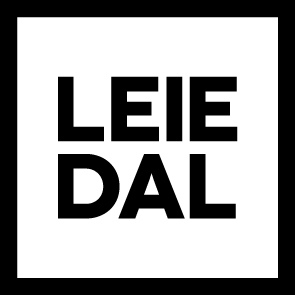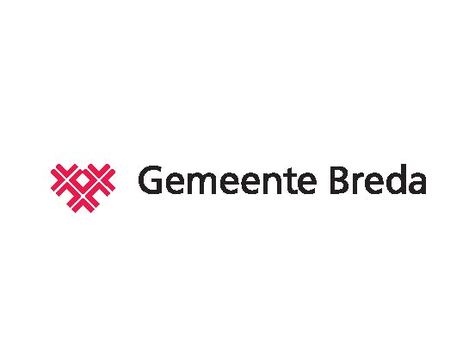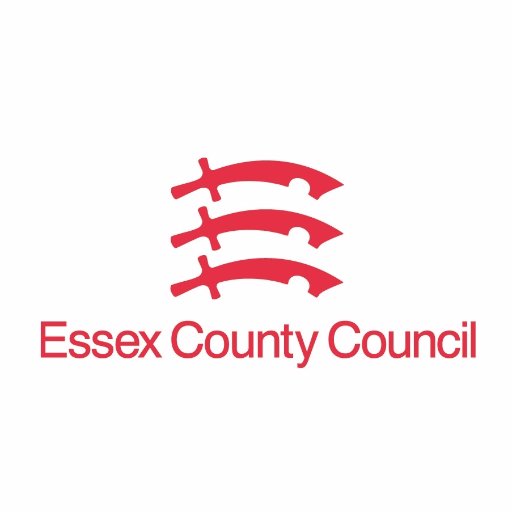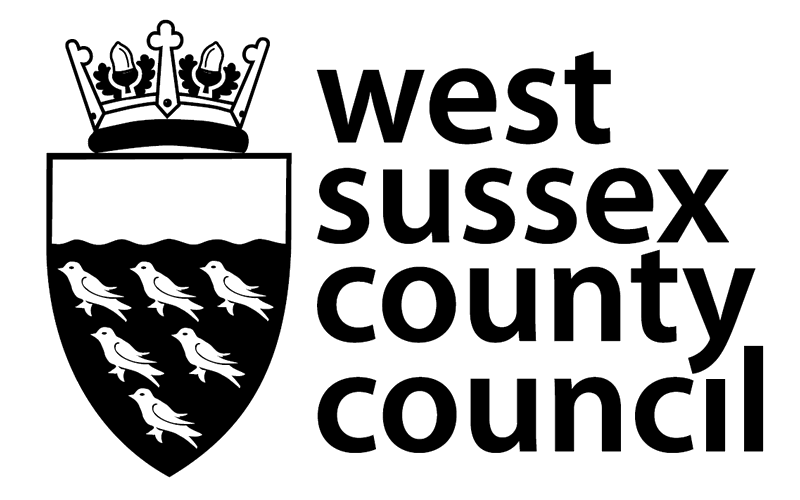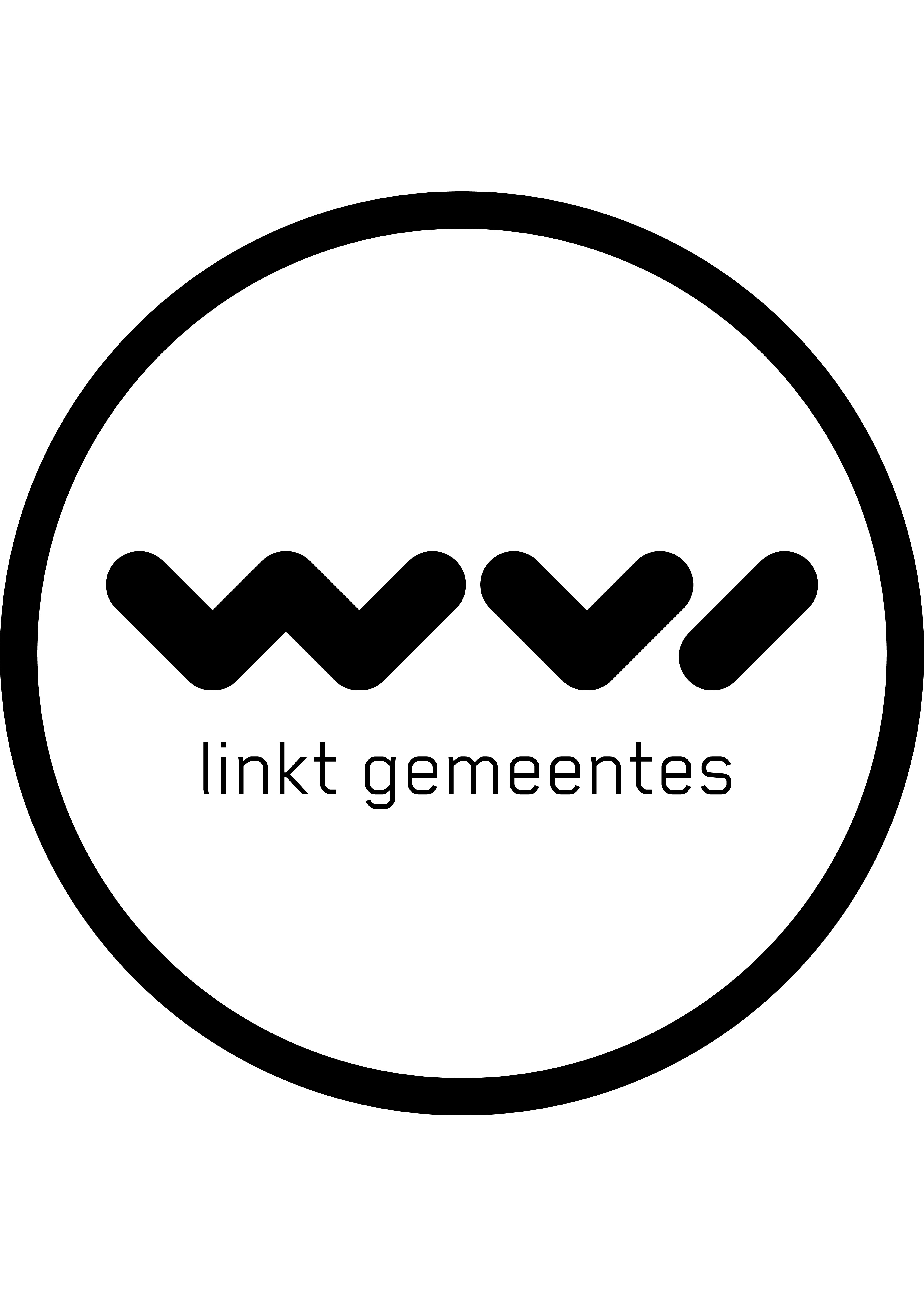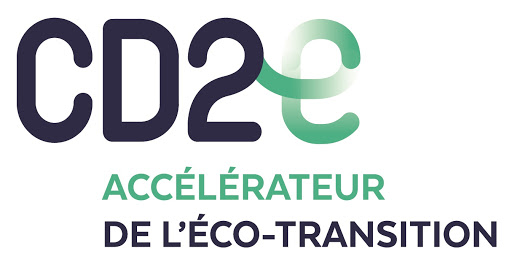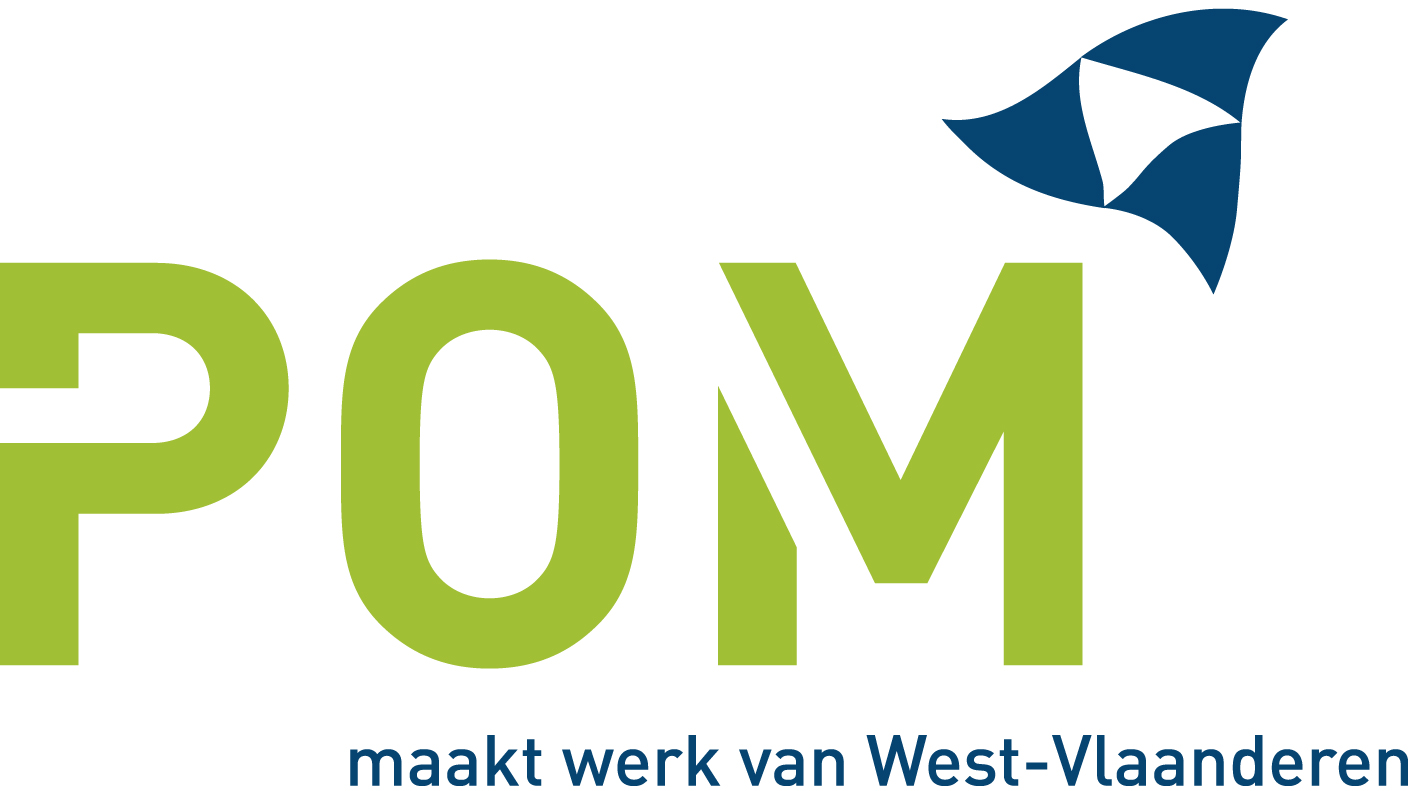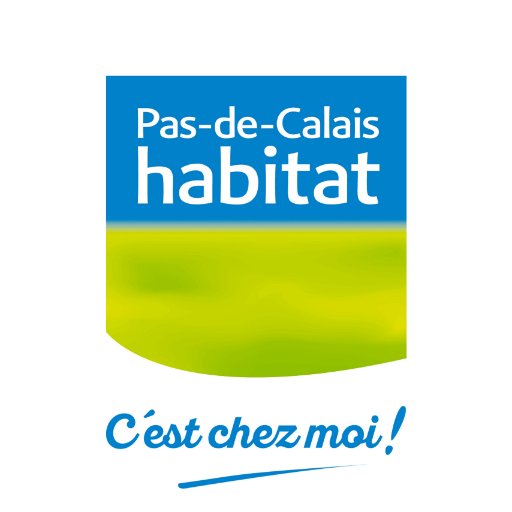New legislation has given citizens, companies and organisations the power to form their own ‘energy communities’ to collectively generate, store and share energy locally. This will help to speed up decarbonisation, put communities in control of energy production and give them a share in the profits from generation and supply.
The LECSea project will demonstrate how this can be done by:
- Piloting 8 energy communities across Belgium, Netherlands, France and the UK
- Developing knowledge and resources that can be used by groups across Europe wishing to create their own energy communities
Contact or more info? jvt@leiedal.be
PROJECT PARTNERS
Intercommunale Leiedal (BE)
Thematic goals, competences and experiences:
Leiedal is the intermunicipal association for regional development in the southern part of West Flanders, contributing to the dynamic and sustainable development of the area and turning it into an attractive place to do business, work, live and experience.
As regional development partner for its 13 cities and municipalities, Leiedal (re-)develops most business parks in the region, supports municipalities in spatial planning and carbon reduction (EU Covenant of Mayors), manages urban renewal projects, and impacts spatial developments. Leiedal has the lead in the local and regional low carbon and renewable energy policy (e.g. regional energy strategy). Leiedal is not a "system player" in the energy sector, which is an asset for the LECSEA-project (role as inspirator & moderator) when setting up innovative energy schemes (organisational like energy communities and technical like smart grids). When in business parks, Leiedal can tackle barriers via hard instruments (e.g. land sale conditions, obligations, investments...).
The city of Breda (NL)
Thematic goals, competences and experiences:
To become carbon neutral in 2044, the City Breda signed a climate act with citizens, companies and knowledge institutes, energy cooperation's and green business. More wind turbines & largescale photovoltaics are to
be implemented on business parks with commitment of companies. Breda will enrich the case studies with existing business area's. Breda uses in contrast to other partners the bottom-up approach for example Business Improvement Districts (force, majority decide, no free riders) and Cooperation’s (soft).
Essex County Council (UK)
Thematic goals, competences and experiences:
ECC is a regional authority, governing an area with a 1.44 million population. Our vision for a Sustainable Environment is that Essex County Council will work with staff, partners, businesses and communities to
reduce carbon, energy and waste and increase its green infrastructure so that in 15 years we have transformed Essex into a place that is harnessing the benefits of a sustainable green economy. We have
extensive relationships to businesses, communities, other public bodies as well as experience delivering sustainable environmental goals across multiple functions within our organisation.
West Sussex county Council (UK)
Thematic goals, competences and experiences:
WSCC leads Your Energy Sussex (YES), a partnership open to 15 local authorities working with the public sector, business parks and households on energy efficiency and renewable energy projects. In the last year
WSCC commissioned our second solar farm with 7.4MW PV and 4MW battery storage, put PV on 61 schools with 11 more planned. The council has a £44m (€51m) RE investment programme for the next three years.
WSCC has the goal of becoming carbon neutral by 2030 for our own estate.
West-Vlaamse Intercommunale (BE)
Thematic goals, competences and experiences:
The West-Vlaamse Intercommunale is a service rendering public association working for 54 municipalities in the province of West-Flanders. The organization develops and manages business parks and is also active in housing projects. Besides that it provides the municipalities with advice and studies concerning spatial planning, environment, renewable energy, climate action, nature and mobility.
WVI has over 10 years of experience with European projects and was involved in the Interreg 2 Seas projects ACE, SAFE-ICE, BISEPS and SLIC.
CD2E (FR)
Thematic goals, competences and experiences:
Cd2e is a French environmental cluster which brings together businesses, SMEs, laboratories, local authorities, to work together in order to develop renewables energies (solar energy in particular). In 2011, cd2e has created a "Solar Test Center“ for testing, production and storage of electricity and heat by solar energy. CD2E is driving the “CORESOL” (Collectif Regional de l’énergie solaire), a local initiative to develop
solar energy (thermal and PV) in the Region Hauts de France. CORESOL involves different stakeholders such as local authorities (Region Hauts de France), institutional players (ADEME, Chamber of Commerce), associations (Enerplan) , big businesses (GRDF, Enedis, EDF) and many SMEs of the Hauts de France. The main goal of CORESOL is the co-creation.
Provinciale Ontwikkelingsmaatschappij West-Vlaanderen (BE)
Thematic goals, competences and experiences:
POM West-Flanders reinforces the socio-economic policy of the province to support entrepreneurship by encouraging collaboration between companies, knowledge institutions, regional policy bodies & social
partners. We have extensive experience with development of business park management, energy-efficiency, renewable energy, district heating, green mobility projects as well as ESCO and energy cooperatives. In Eco2Profit (IVA Vl-Nl) POM has laid the foundation of a district heating network, currently under construction. In the BISEPS project (IVA 2Seas) several cases for green heating networks are under development. In the SEL project (IVA Vl-Nl) POM is setting up a cooperative structure for joint investments in renewable energy on a business park.
Pas-de-Calais Habitat (FR)
Thematic goals, competences and experiences:
PdCh is a social housing organisation with more than 40.000 housing units in Pas-de-Calais, France. PdCh constantly seeks improvement in the services offered to the customers and is an important player in driving
local policies for buildings, living environments and urban development in partnership with state department, local authorities and housing professionals. PdCh looks over the optimization of charges and RENT and test all equipment allowing reducing cost of housing. That’s why develop operational prototype 500m² PV for 100 housing units to reduce use cost of accommodation by action on technique and support by staff members.
Ghent University (BE)
Thematic goals, competences and experiences:
In the ROLECS-project UGent coordinates pilot sites which function as real-life test beds for LEC validation which gives insights in smart energy control strategies, behind-the-meter optimisation and grid optimisation.
UGent is experienced in making target group analyses, engaging with different stakeholders, developing communication and dissemination strategies and thereby maximising outputs for future adaptation and
further development. Moreover, UGent has - a.o. in the context of several framework agreements with the EC on transposing energy legislation - developed an extensive expertise for analyzing existing and draft legislations and proposing legal amendments in order to optimize policy targets such as the promotion of LEC.

